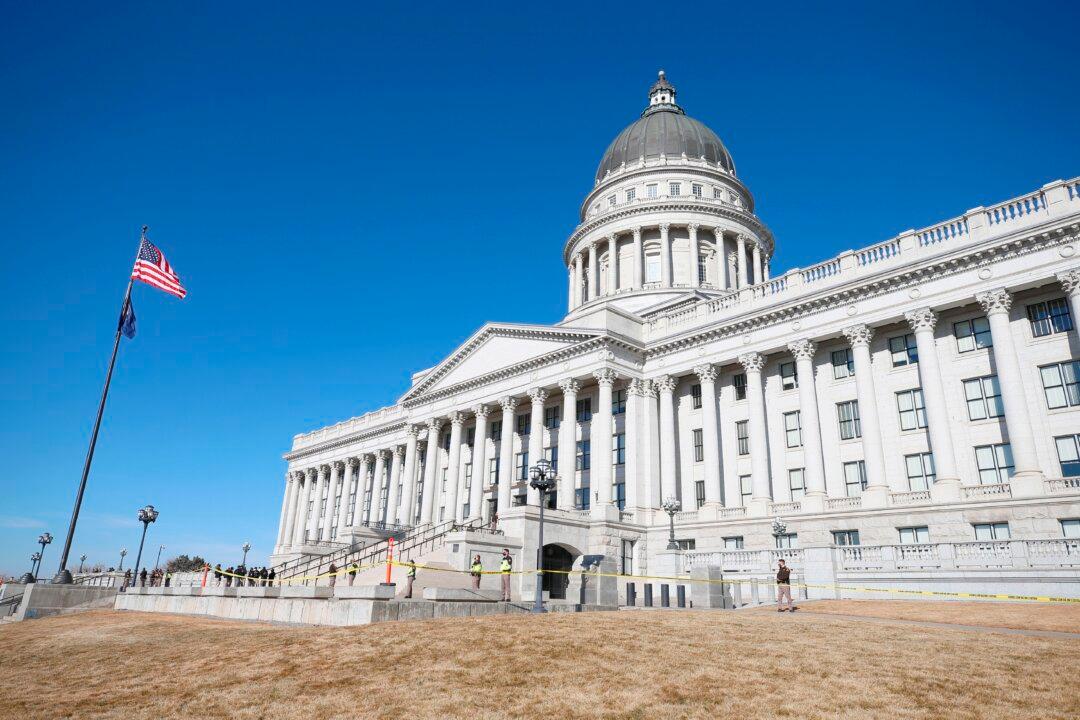A Utah court on Monday granted a temporary restraining order against the state’s trigger law that made most abortions in the state at any point in pregnancy a crime after last week’s Supreme Court ruling.
Planned Parenthood of Utah filed the lawsuit directed at Utah Senate Bill 174 claiming the legislation violated Utah’s constitution.





